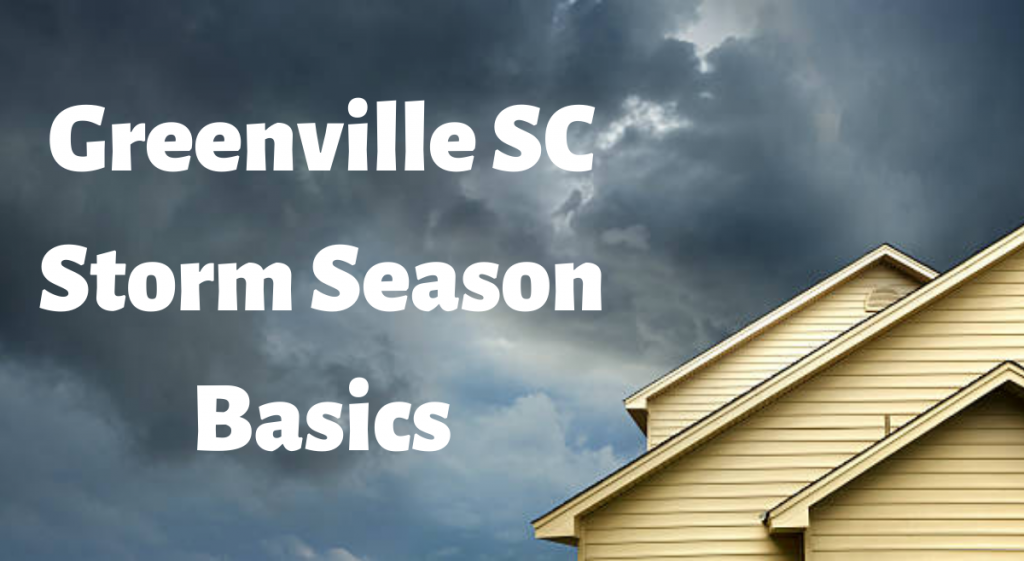How do you know if you are properly prepared for storm season in Greenville, SC? Residents in this area have been subject to tornado warnings and hurricane preparations of the Gulf States. In recent years, tornadoes have become more common. These super-cell storms can strike without warning. It is important to prepare in advance so that your family is safe. Hurricanes can also be strong and unpredictable. Although you have more time to prepare, these storms can still be very damaging to Greenville homes. Here are ways you can protect yourself, your family, and your home.
Before the Storm
Turn on Emergency Alert Notifications
You can sign up for emergency alerts from your local emergency management agency to be notified as soon as possible. These emergency alerts can keep you up to date on wind speeds, hail, flood warnings, tornado warnings, and more. We recommend you sign up now before a serious storm hits.

Understand Storm Warnings
Tornadoes
While tornadic activity can occur at any time in South Carolina, they are most common during the spring months. A tornado watch indicates that you should remain alert and keep an eye on the sky for any activity that looks like it may turn into a tornado. A tornado warning is more severe and it means that tornadic activity has been detected and you should take shelter immediately.
Tornadoes are measured by the Fujita Scale; for example, tornadoes are usually labelled “F-1” or “EF-2”, etc. This number is figured after the storm has passed and experts can assess the amount of damage the tornado has caused. Below is the scale for measuring tornadoes.
- Fujita 0/65-85 mph winds-only minor damage sustained
- Fujita 1/ 86-110 mph winds – moderate damage sustained
- Fujita 2 / 111-135 mph winds – considerable damage sustained
- Fujita 3 / 136-165 mph winds – severe damage sustained
- Fujita 4/ 166-200 MPH winds – severe damage sustained
- Fujita 5/ 200+ mph winds. This storm is the most destructive and dangerous, causing death and destruction.
Hurricanes
The hurricane season on the East Coast runs between June 1st and November 30th every year. These storms are tracked constantly and data is collected just like tornadoes. Tropical storm warnings indicated that the hurricane is not yet severe and has not exceeded 73 miles per hour. A hurricane watch occurs when the tropical storm is getting closer and it is foreseen that severe weather conditions will hit land within a few days. A hurricane warning means that the storm has now exceeded 73 miles per hour and will hit land within 24 hours of the warning.
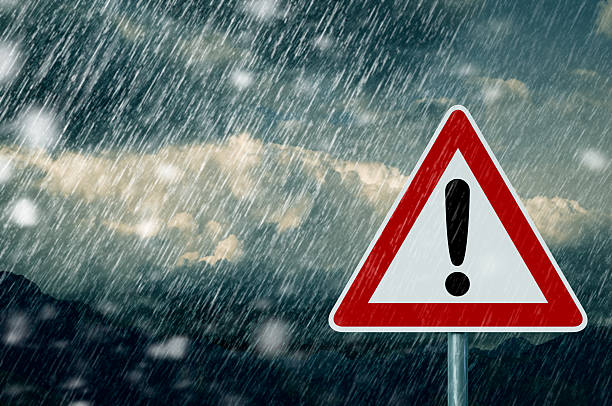
Secure Outdoor Belongings Before the Storm
Do not wait to hear the siren ringing to move any items in your yard that could be a danger. You should secure anything that is not securely attached to the ground, such as trampolines, kayaks, canoes, umbrellas, and swing sets, in a garage, shed, or crawl space if possible. Damage can occur to your home if you do not move or secure these belongings and, if you ever want to sell your home, these damages might factor into the closing costs of the home.

During the Storm
Take Shelter Immediately
The basement is the safest place for a storm shelter if you have one. Otherwise, interior rooms are the next best option. Try to stay in a room without windows to stay safe from glass. Keep in mind what storm is occurring as well. The upstairs rooms are not a good choice for storms like tornadoes due to the destructive winds and debris; however, lower levels are not ideal when disasters like hurricanes bring flooding. Make sure you have multiple plans in place for each scenario.
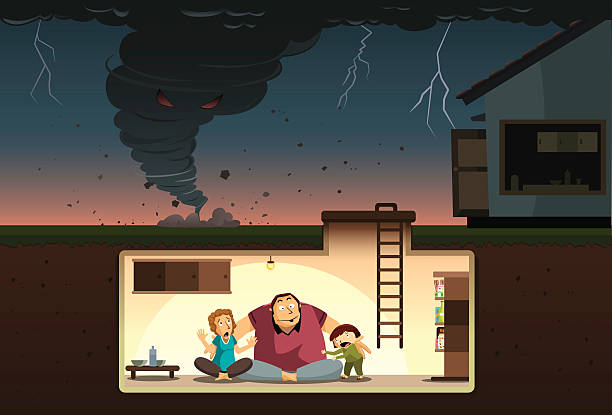
Stock Up On Items That Deter Boredom, Hunger, & Thirst
If you know a storm is approaching, make sure to charge all electronics such as iPad and iPhones. This can help deter yourself or your children from boredom while the storm occurs, especially if a power outage happens.
You should also keep plenty of snacks handy to prevent anyone getting hungry. There is nothing more stressful than being in a small space with a storm on your doorstep and the children complaining about hunger and boredom. Stock up on small items such as chips, snack cakes, and water bottles for smaller, faster storms; however, it is important to stock up on canned goods or other non-perishable food items for long term storage.
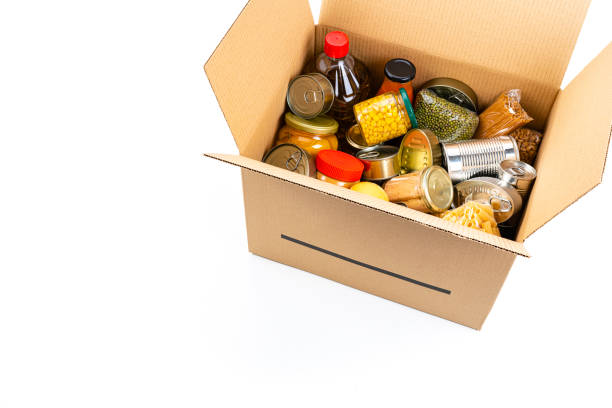
After the Storm
Continue to Watch the Weather Once the Storm Ceases
It is important to monitor the situation through the local news sources. Residents can be exposed to additional hazards from flash-flooding or other events that often occur after a storm passes and it is important to be aware of that immediately after a storm is over.
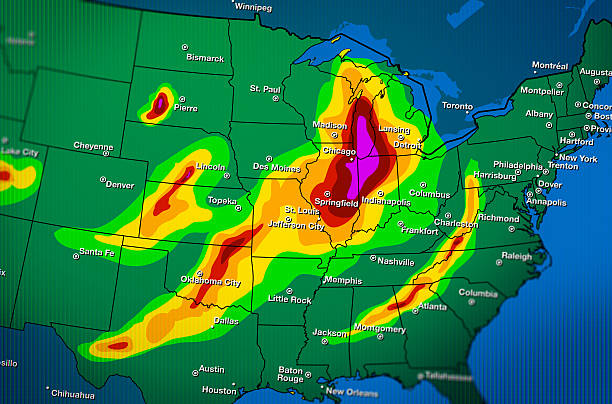
Stay Inside Immediately After the Storm
It is understandable to be curious about the destruction that a storm has left behind after it occurs. However, it is important to remember that it can still be dangerous out there. Storm surges and downed power lines can cause rescue situations. This is because emergency response teams must be pulled away from other storm-related problems. Even if the damage is extensive, it will remain there for several days until conditions improve and travel can be easier.
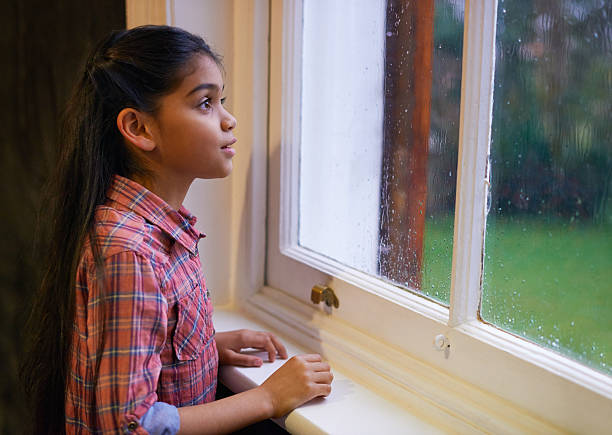
Conclusion
It is important to prepare in advance so that your family is safe. Storms like tornadoes and hurricanes can be strong and unpredictable. Choosing a good realtor can even be the fine line between not being prepared at all for a dangerous storm and being ready for whatever gets thrown at you by Mother Nature. Do some research on local storm shelters in your area and create a storm plan for your family now!

